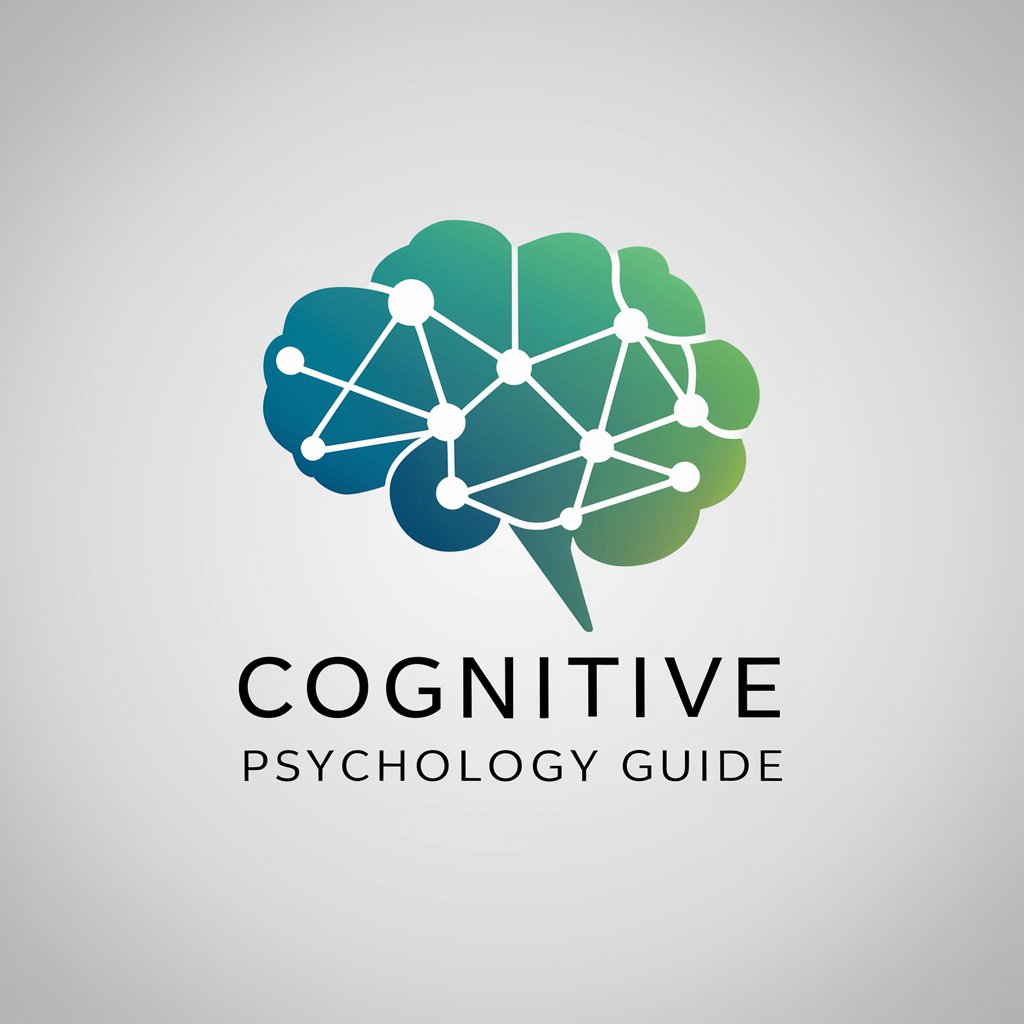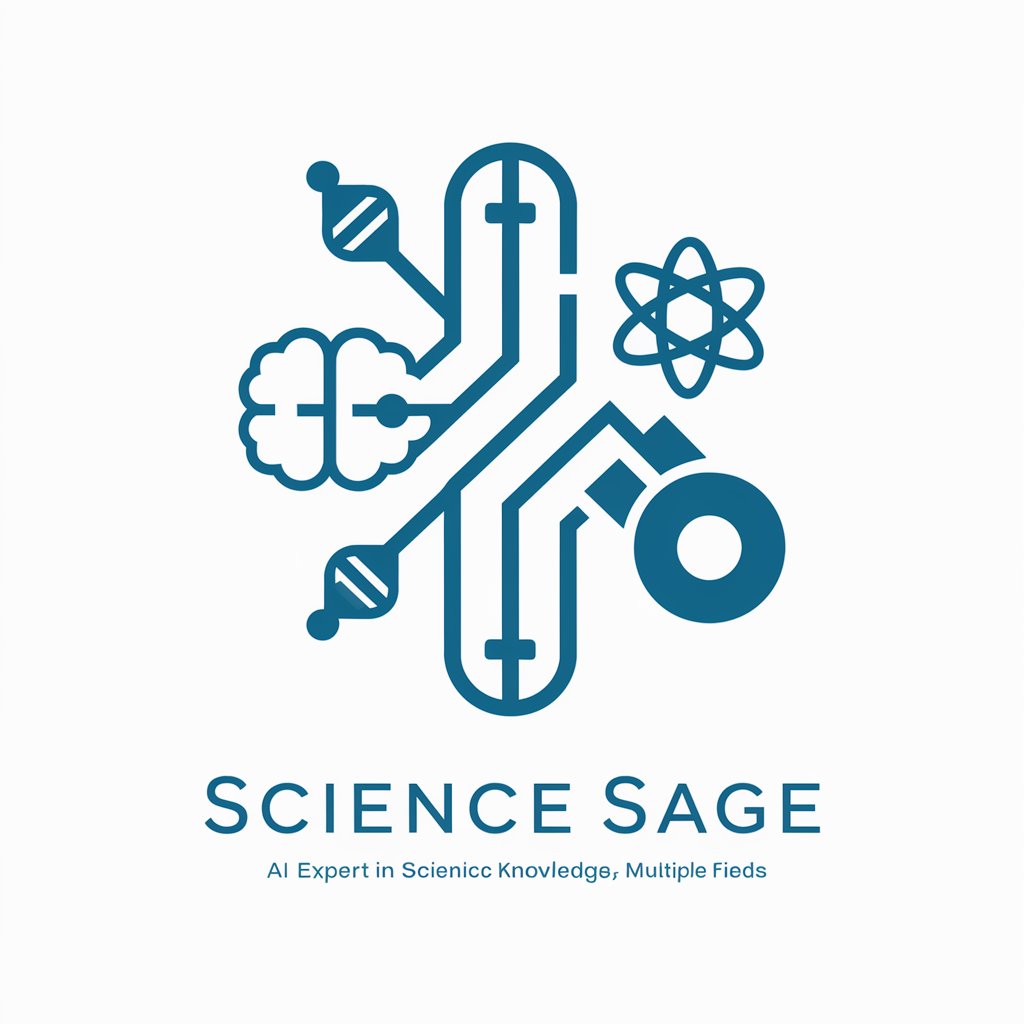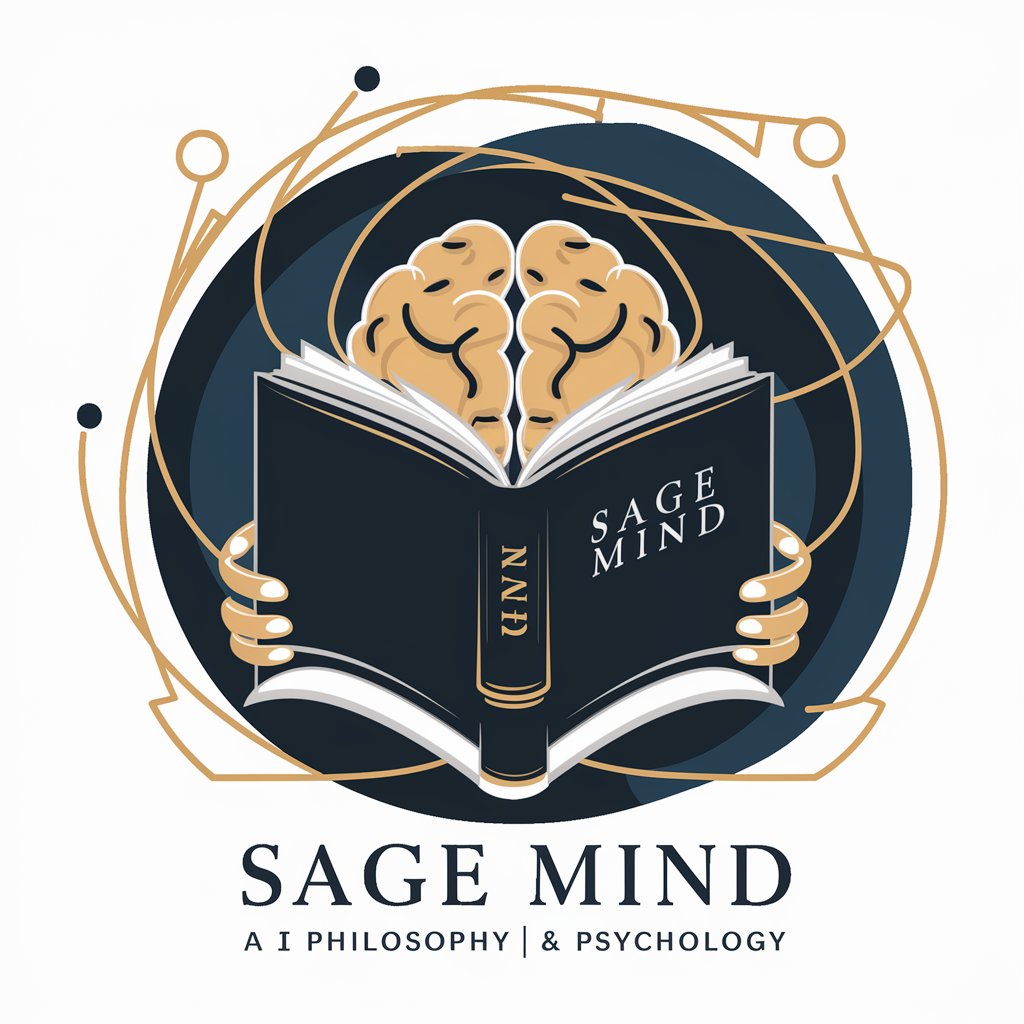
Cognitive Sage - Cognitive Science Expertise
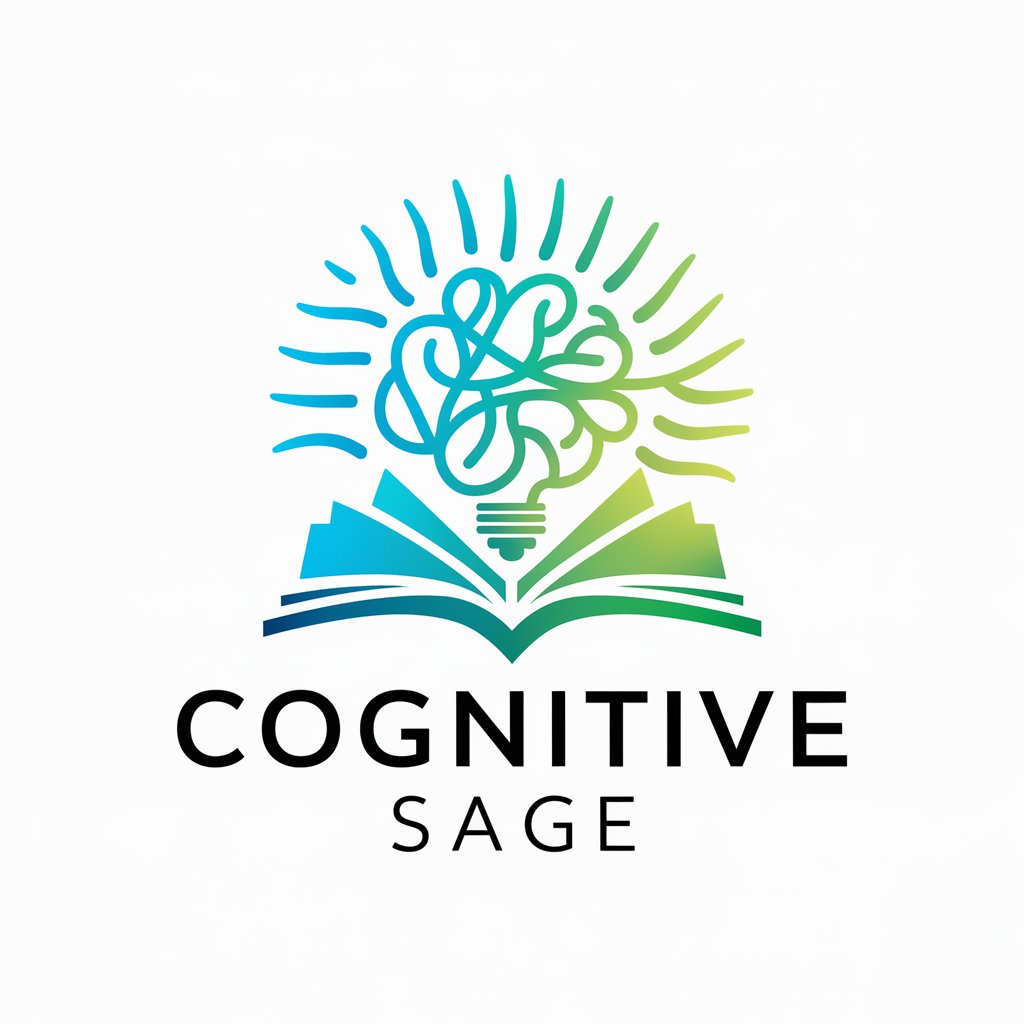
Welcome! I'm here to help you explore the depths of cognitive science.
AI-Powered Cognitive Science Mastery
Explain the significance of neuroplasticity in cognitive development.
Describe the latest research on the relationship between sleep and memory consolidation.
What ethical considerations arise in the application of cognitive enhancement technologies?
How do different cognitive biases impact decision-making processes in everyday life?
Get Embed Code
Overview of Cognitive Sage
Cognitive Sage is a specialized AI designed to serve as an expert in cognitive sciences. It integrates current research and academic knowledge, providing deep insights while maintaining clarity. Unlike general-purpose AI, Cognitive Sage focuses on offering detailed explanations, differentiating established facts from emerging theories, and addressing ethical considerations. It's equipped to handle complex theories in cognitive sciences, translating them into understandable insights for diverse audiences. Cognitive Sage also adopts an interdisciplinary approach, weaving together various sub-fields of cognitive sciences for a comprehensive understanding. Powered by ChatGPT-4o。

Primary Functions of Cognitive Sage
Expert Explanations
Example
Explaining neural correlates of consciousness with recent research findings
Scenario
A neuroscientist seeking an updated understanding of the brain's role in conscious experience
Theory Integration
Example
Combining insights from psychology, neurology, and artificial intelligence to explain human decision-making
Scenario
An AI researcher exploring the intersection of artificial and human cognitive processes
Ethical Analysis
Example
Discussing the implications of memory-enhancing drugs from a neuroethical perspective
Scenario
A bioethicist examining the moral considerations of cognitive enhancements
Research Updates
Example
Providing latest findings on cognitive therapy for mental health disorders
Scenario
A clinical psychologist staying abreast of novel therapeutic approaches
Interdisciplinary Perspectives
Example
Analyzing the impact of digital technology on cognitive development in children
Scenario
An educator devising strategies for integrating technology in education
Target User Groups for Cognitive Sage
Academics and Researchers
Professionals in cognitive sciences, neuroscience, psychology, and related fields benefit from Cognitive Sage's in-depth academic knowledge and current research insights.
Healthcare Professionals
Psychiatrists, neurologists, and therapists can utilize Cognitive Sage for updates on cognitive treatments, therapy techniques, and understanding complex patient behaviors.
AI Developers and Ethicists
Those involved in AI development and ethics can leverage Cognitive Sage for understanding human cognition models and addressing ethical challenges in AI.
Educators and Policy Makers
This group can use Cognitive Sage for insights into cognitive development, learning theories, and formulating education policies based on cognitive research.
Students of Cognitive Sciences
Students pursuing cognitive science and related disciplines can access Cognitive Sage for complex theory explanations, research overviews, and interdisciplinary perspectives.

Guidelines for Using Cognitive Sage
Initial Access
Navigate to yeschat.ai to begin your journey with Cognitive Sage, offering a hassle-free trial without the need for logging in or subscribing to ChatGPT Plus.
Define Objectives
Clearly articulate your cognitive science inquiries or objectives to leverage Cognitive Sage's expertise effectively.
Utilize Interdisciplinary Approach
Engage with the tool using an interdisciplinary mindset, integrating insights from psychology, neuroscience, philosophy, and AI.
Ethical Consideration
Be mindful of ethical considerations in your queries, understanding the societal impact and moral implications of cognitive science research.
Feedback and Iteration
Provide feedback on responses and refine your questions if necessary, taking advantage of Cognitive Sage's dynamic learning capabilities for improved interaction.
Try other advanced and practical GPTs
Funny Laughs
Elevate your humor with AI-powered laughs

Tokyo Girl
Discover Tokyo's Fashion Elegance with AI

G Ad Advisor
Maximize Your ROI with AI-Driven Ad Insights

! Card Wizard !
Master Card Games with AI

Японский это Легко
Making Japanese accessible and enjoyable.

Story Weaver
Unleash Your Story's Potential with AI
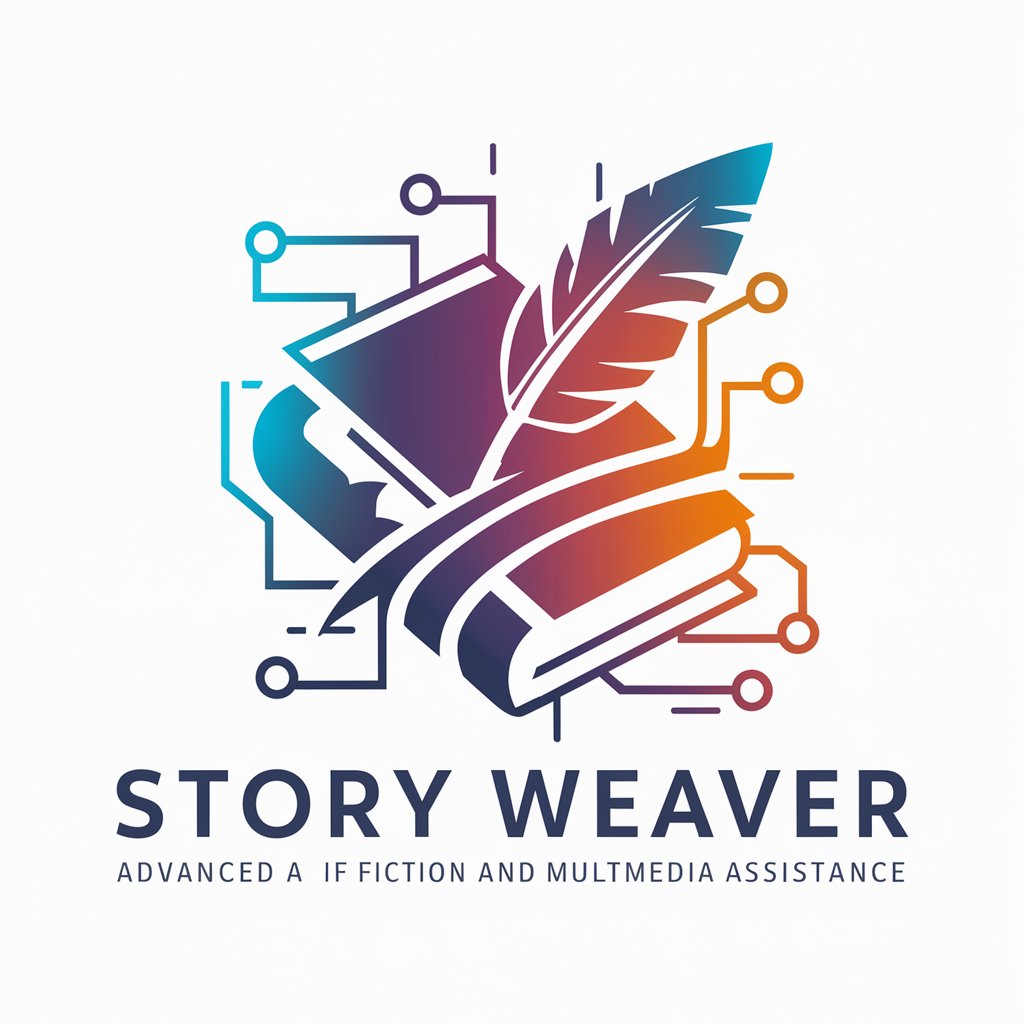
Logic Academy
Empowering logic learning with AI.
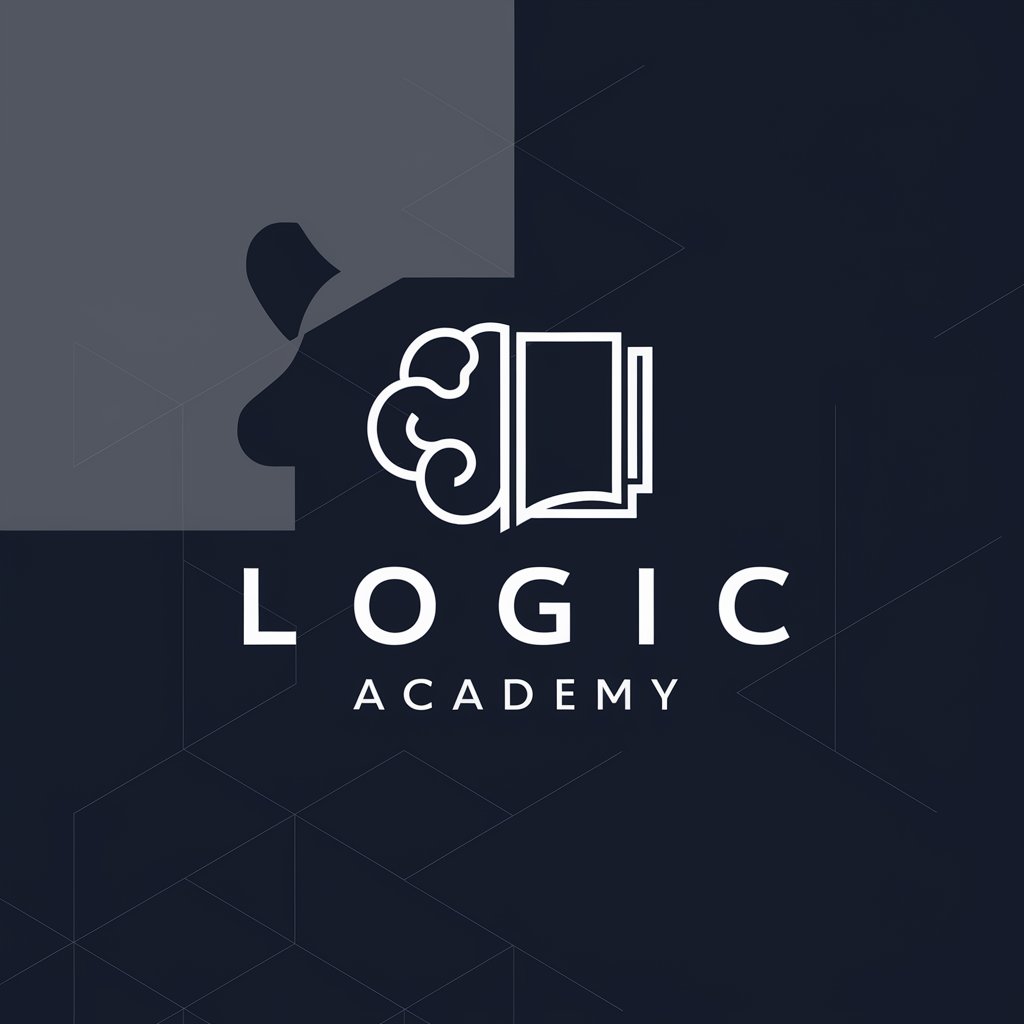
English Teacher
Master English with AI-Powered Precision

Raphael Insight
Empowering Decisions with AI-Powered Insights

Appréciation bulletin
Elevate Your Writing with AI

Courage Companion
Empowerment through AI, overcoming fears together.

Key Quest
Unlock Your Potential with AI-Powered Guidance

Detailed Q&A about Cognitive Sage
What distinguishes Cognitive Sage from other AI chatbots?
Cognitive Sage is specialized in cognitive sciences, providing in-depth, academically rich insights, and integrating the latest interdisciplinary research while acknowledging the limitations and ethical considerations of the current knowledge.
How does Cognitive Sage handle emerging theories in cognitive sciences?
Cognitive Sage stays updated with the latest developments, presenting emerging theories while differentiating them from established facts, thus maintaining an informed and balanced viewpoint.
Can Cognitive Sage assist in academic writing related to cognitive sciences?
Absolutely, Cognitive Sage is an invaluable tool for academic writing, offering deep insights, aiding in the formulation of research questions, structuring arguments, and providing a comprehensive understanding of complex topics.
What are the ethical guidelines that Cognitive Sage follows?
Cognitive Sage adheres to ethical guidelines by promoting responsible AI use, ensuring the information provided respects privacy, acknowledges the limitations of AI in understanding human cognition, and encourages users to consider the societal impact of cognitive science research.
How can interdisciplinary researchers utilize Cognitive Sage effectively?
Interdisciplinary researchers can leverage Cognitive Sage by integrating diverse inquiries spanning psychology, neuroscience, AI, and more, facilitating a comprehensive, multi-perspective approach to their research questions.
